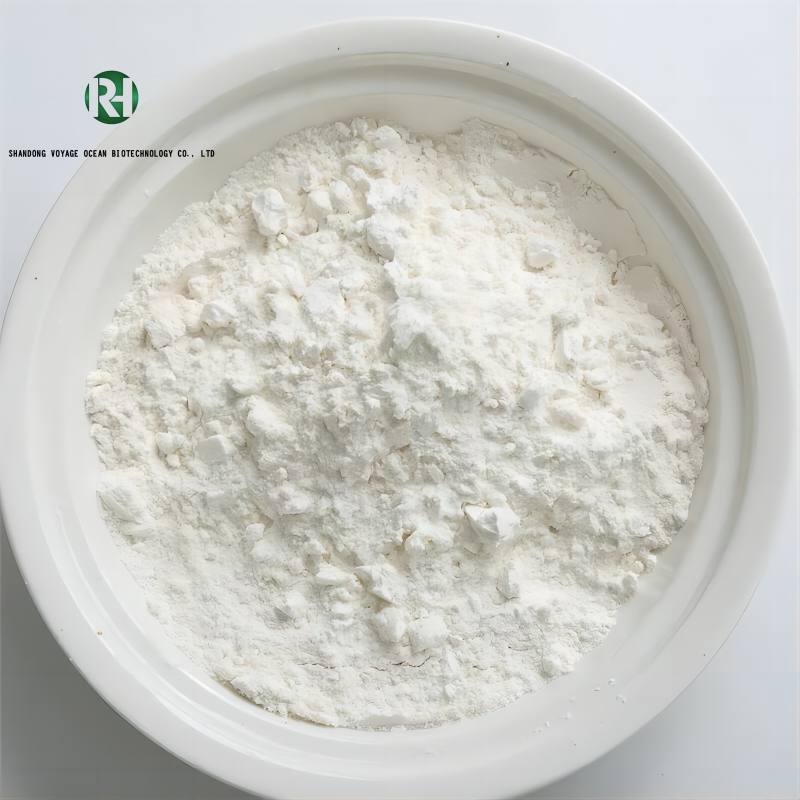-
Categories
-
Pharmaceutical Intermediates
-
Active Pharmaceutical Ingredients
-
Food Additives
- Industrial Coatings
- Agrochemicals
- Dyes and Pigments
- Surfactant
- Flavors and Fragrances
- Chemical Reagents
- Catalyst and Auxiliary
- Natural Products
- Inorganic Chemistry
-
Organic Chemistry
-
Biochemical Engineering
- Analytical Chemistry
- Cosmetic Ingredient
-
Pharmaceutical Intermediates
Promotion
ECHEMI Mall
Wholesale
Weekly Price
Exhibition
News
-
Trade Service
October 11, 2020 // -- New antigens (neoantigens, tumor antigens), tiny markers of cancer mutations that mark the beginning of cell carcinoma, may be key to scientists developing a new generation of immunotherapy; In the development of cell therapy, new antigens that target the "right" effects may be expected to eliminate cancer in the patient's body with minimal side effects, but there are hundreds of mutations in the tumor, and only a few new antigens produce the body's immune response to cancer, so which cancer mutations produce these new antigens? Photo Source: Parker Institute for Cancer Immunotherapy In a recent study published in the international journal Cell, scientists from the Parker Institute for Cancer Immunotherapy and others found special parameters that could help predict which new antigens could better stimulate the body's anti-cancer effectiveness, and the results could help develop a new generation of highly effective individualized cancer immunotherapy.
Through advanced computer analysis, the researchers found five characteristics that might strongly indicate which cancer markers are most likely to stimulate the body's immune response, mainly in two categories: how new antigens appear on the surface of cancer cells and how they are identified by the immune system.
When the researchers compared the data models that highlighted the five features with another group of cancer samples, they found that they accurately predicted 75 percent of the effective new antigen targets and filtered 98 percent of the invalid targets; New antigen-based therapies make data from the Tumor Neoantigen Selection Alliance a reference standard, and if each method, old or new, uses the data as a benchmark for its prediction, researchers across the field can collaborate and develop more new methods.
To develop this benchmark, each TESLA member submitted its most promising new antigens for melanoma and non-small cell lung cancer predictions to Sage Bionetworks, an open science nonprofit, and the researchers then cross-compared and verified which predictions were correct and which targets could be identified by T-cells; 'So far, predictions about new antigens have been a black box, and now we've looked at what features might be important, ' says Schreiber. 'Tesla's data model identifies for the first time which of these five features are more important.' the
study also showed that no two predictive methods were the same, and that most of them were significantly different, and that no team's method was able to identify each new antigen, nor did any team identify the vast majority of cancer markers, underscoring the importance of the TESLA alliance's coordinated research.
The results of this paper may be expected to improve the mathematical algorithms used by pharmaceutical companies and researchers in their research, while also giving priority to the antigens most likely to appear in each patient's cancer and the easiest to identify by the immune system, as well as eliminating antigens that do not exist, which is critical to the development of personalized therapies for each patient.
TESLA Alliance's largest full database provides free data for many research teams, and researchers hope to accelerate the development of cancer-based therapies based on the results of this paper, while providing more effective treatments for cancer patients worldwide.
() Original source: Daniel K. Wells, Marit M. van Buuren, Kristen K. Dang, et al. Key Parameters of Tumor Epitope Immunogenicity Revealed Through a Consortium Approach Improve Neoantigen Prediction, Cell (2020). DOI:10.1016/j.cell.2020.09.015.







